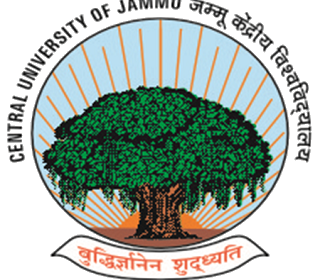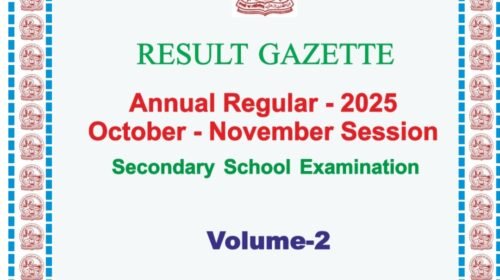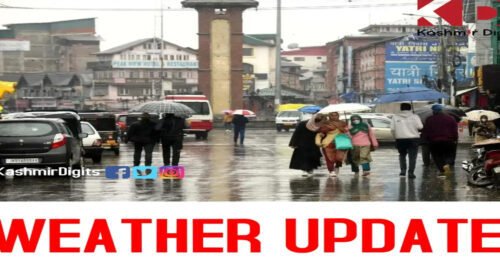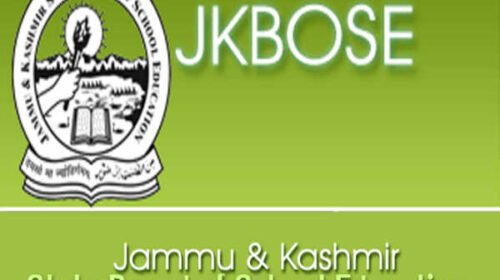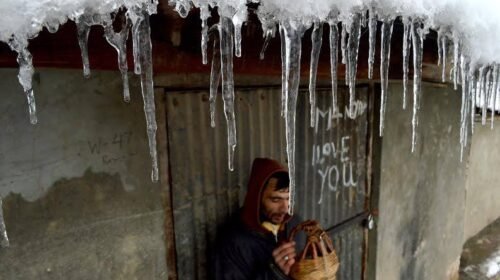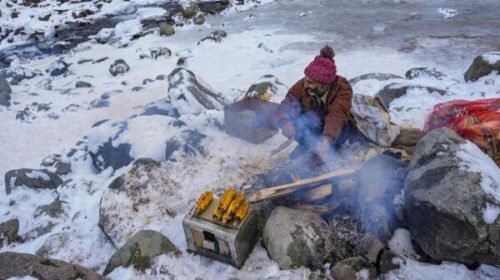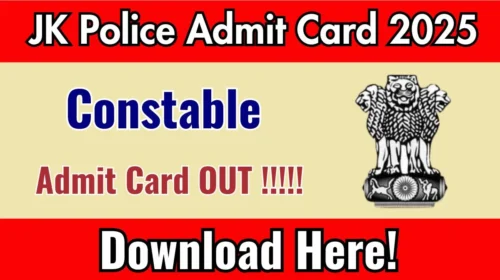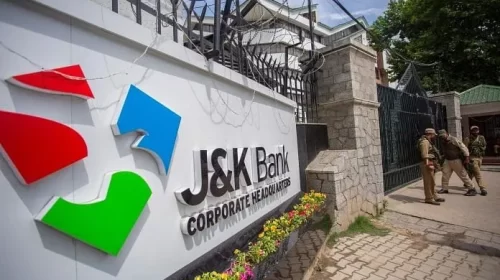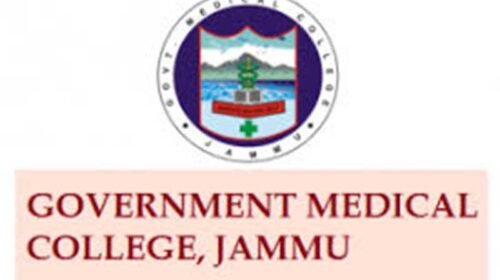Facebook To Include Kashmiri Language As Part Of Fact-Checking Programme.
Facebook, on Tuesday, announced that it is expanding its third-party fact-checking programme in India to include NewsMeter – a fact checker primarily focused on the southern states in the country, reported IANS.
The partnership will help connect people to accurate and verified information and enhance Meta’s fact-checking capabilities in regional Indian languages including Telugu, Kannada, Malayalam, and Tamil, the company said in a statement.
In addition, Meta has also expanded its Indian language coverage from 11 to 15 through its existing fact-checking partners to include Kashmiri, Bhojpuri, Oriya, and Nepali.
Globally, Meta works with more than 80 fact-checking partners that review and rate content in over 60 languages. All of Meta’s fact-checking partners have been certified through the independent, non-partisan International Fact-Checking Network.
With the new partnership, Meta will have 11 fact-checking partners in India, making it the country with the most number of third-party fact-checking partners globally.
In addition, Facebook has also expanded its Indian language coverage from 11 to 15 through its existing fact-checking partners to include Kashmiri language, Bhojpuri, Oriya, and Nepali.
“We are committed to combating the spread of misinformation and have built the largest global fact-checking network,” said Manish Chopra, Director, and Head of Partnerships, India at Meta, in the statement.
| Install Our App | DOWNLOAD |
| Join Telegram Channel | JOIN NOW |
| Join Facebook Group | JOIN NOW |
| Subscribe YouTube Channel | SUBSCRIBE |
| Follow On Twitter | FOLLOW |
| Follow On Instagram | FOLLOW |
“The partnership with NewsMeter is an important step in enabling us to curb misinformation in regional Indian languages across Facebook and Instagram,” he added, as per the report.
Each time a fact-checker rates a piece of content as false, altered or partly false, the company reduces its distribution so that fewer people see it.
It also notifies people who try to share the content – or who previously shared it – that the information was rated by a fact-checker.
Further, a warning label is also added to the content with links to the fact-checker’s article to provide more information about the claim.
To help tackle the issue of misinformation online, Meta has also partnered with the Internet and Mobile Association of India (IAMAI) to fund a fact-checking news fellowship programme designed exclusively for Indian news organisations. (IANS)

